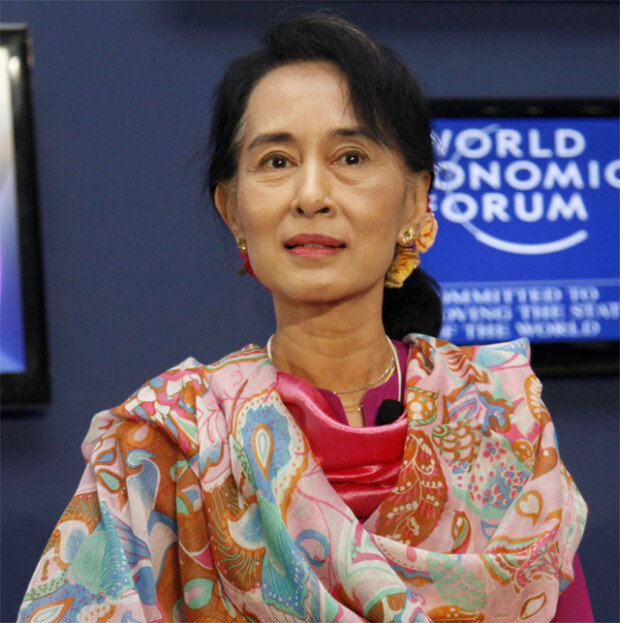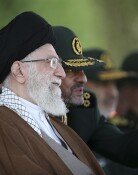Aung San Suu Kyi’s reputation damaged for staying silent on ethnic cleansing issue
Aung San Suu Kyi’s reputation damaged for staying silent on ethnic cleansing issue
Posted September. 01, 2018 07:32,
Updated September. 01, 2018 07:32

Myanmar’s ethnic cleansing of the Rohingya minority is bringing discredit to the “symbol of democratization” and Nobel Peace Prize winner Aung San Suu Kyi, who is leading the government of Myanmar.
The UN’s special investigation unit on July 27 labeled Myanmar’s suppression of the Rohingya as a serious crime that has the intention of ethnic cleansing and a crime against humanity.
On August 25, 2017, Myanmar’s military started horrendous persecution of the Rohingya with an excuse of mopping up rebel forces. According to Doctors Without Borders, at least 6,700 Rohingya were killed from guns and violence for the following one month.
The international community expected the suppression of the Rohingya minority would be addressed when the civilian government led by Aung San Suu Kyi took office in March 2016.
But little has changed since Ms. Suu Kyi took power. In an interview with the BBC in April last year, she acknowledged problems in the region, where Rohingya people live, but said ethnic cleansing was “too strong” a term to use. The Noble peace prize winner added that (not only Buddhists but) Muslims are killing Muslims as well.
There are many interpretations as to why Ms. Suu Kyi cannot respond actively to the Rohingya tragedy. Some say she has no option but to choose her people over human rights due to people’s sentiment in her country. Others say she has a weak grip on power. Myanmar’s current government is a coalition between the civilian government and the military. Ms. Suu Kyi’s power is limited under the constitution enacted by the military and the three security-related ministries, which are under the control of the military.
Peter Popham, the writer of Ms. Suu Kyi’s autobiography, said to the British newspaper The Independent that although Ms. Suu Kyi is the most powerful civilian in the government, she doesn’t even have the right to object to key policies.
Su-Young Hong gaea@donga.com







